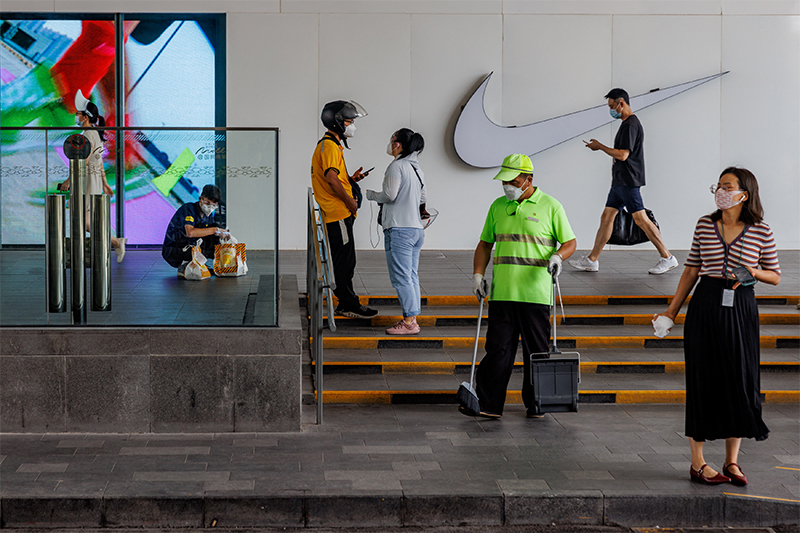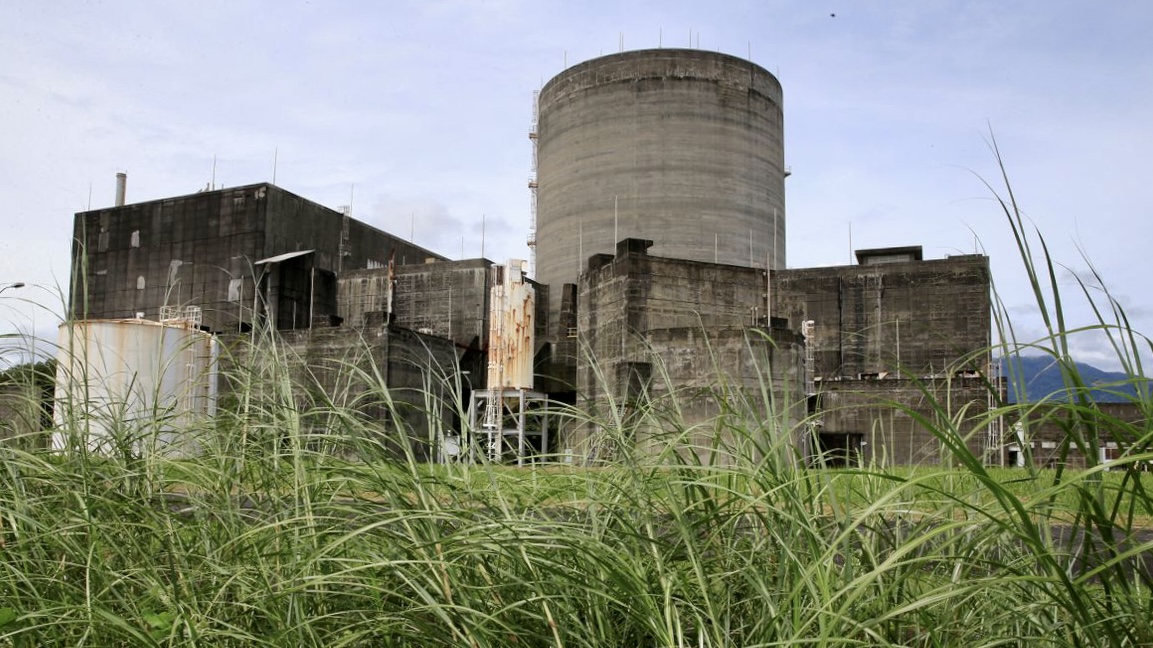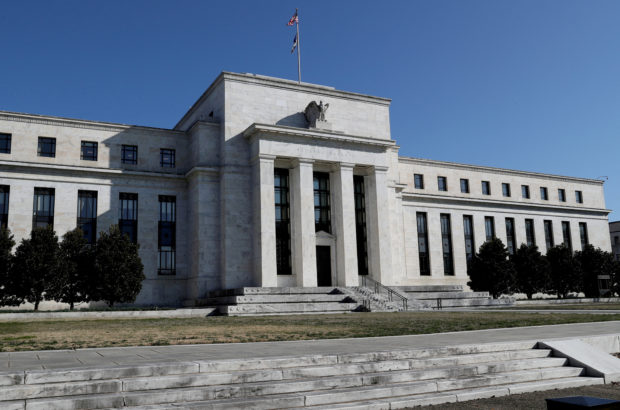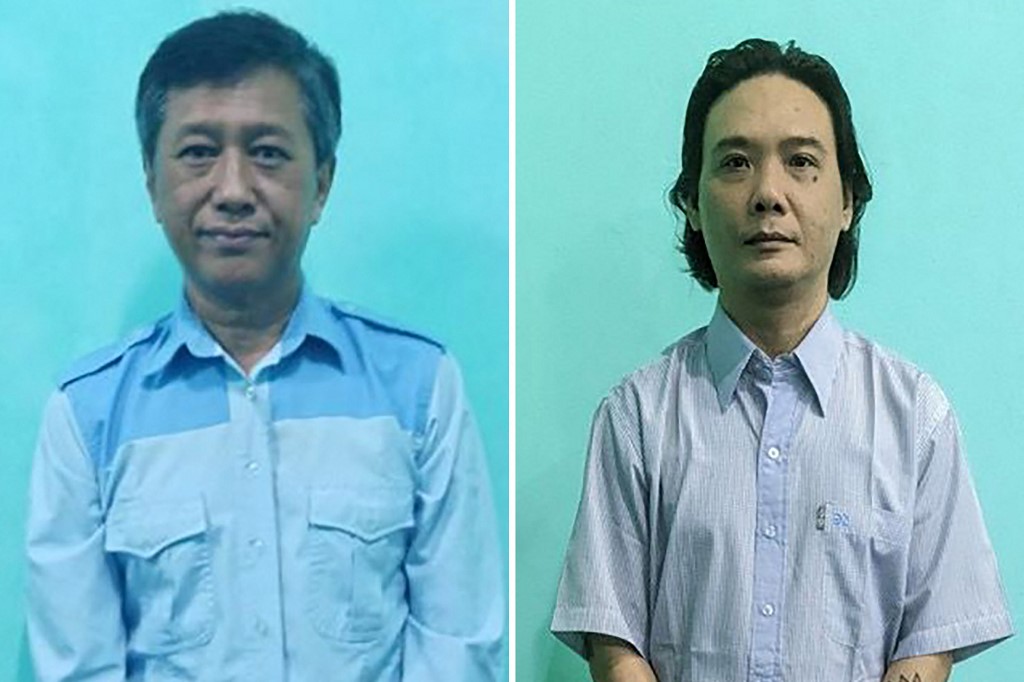[ad_1]

by Michael O’HAGAN
Agence France-Presse
KAMPALA, Uganda (AFP) – Chinese language and French oil giants lastly sealed a $10-billion deal Tuesday to unlock Uganda’s vitality sources and construct an enormous regional oil pipeline, a mega-project that has incensed environmental teams.
The so-called Ultimate Funding Resolution ought to pave the best way for the export of thousands and thousands of barrels of black gold that was first found in 2006 in Uganda, one of many world’s most biodiverse areas.
The choice provides the ultimate go-ahead to the long-delayed mission and was hailed by Ugandan President Yoweri Museveni as an main financial increase for the landlocked East African nation the place many dwell in poverty.
Critics cost nonetheless that the bold scheme threatens the livelihoods of tens of 1000’s of individuals and fragile ecosystems within the coronary heart of Africa.
The $10 billion funding deal was introduced at a ceremony in Kampala by the heads of France’s TotalEnergies and the native arm of the China Nationwide Offshore Oil Company (CNOOC).

This discovery had raised wild hopes in a rustic the place 21% of the inhabitants lives in excessive poverty. The Ugandan authorities noticed the prospect of incomes at the very least $1.5 billion a 12 months and rising its GDP per capita from $630 to over $1,000. (Picture by Yasuyoshi CHIBA / AFP)
The businesses wish to extract the large crude oil reserves underneath Lake Albert, a 160-kilometre (100-mile) lengthy pure border between Uganda and the Democratic Republic of Congo.
‘A masterpiece’
The oil could be pumped from Uganda in a 1,443-kilometre (900-mile) heated pipeline -– stated to grow to be the longest of its kind when accomplished — by Tanzania to the Indian Ocean port of Tanga.
TotalEnergies chairman and CEO Patrick Pouyanne described the controversial pipeline as a “masterpiece”.
“Immediately is the day we commit to take a position $10 billion within the Tilenga and Kingfisher initiatives and the 1,443-km lengthy pipeline,” he stated.
“From at the moment with the FID, the mission will totally enter into the development section.”
Museveni admitted he had been impatient in regards to the lengthy negotiating course of to get the mission off the bottom, however stated the pipeline may grow to be a “nucleus” for East African oil.
The mission has been hit by numerous obstacles together with wrangling over tax agreements and a change of coronary heart over the situation of the pipeline which was initially attributable to undergo Kenya.
Museveni additionally dismissed the considerations of environmental teams.

“Let the NGOs go and sleep within the bush if they need… There may be nothing we’re hiding.”
Lake Albert lies atop an estimated 6.5 billion barrels of crude, of which about 1.4 billion barrels are at present thought of recoverable.
Uganda’s first oil is anticipated to circulation in 2025 — virtually twenty years after the reserves have been found — with full-scale business manufacturing deliberate for the next 12 months when 230,000 barrels a day of the notably viscous crude are anticipated to be pumped.
‘Devastating’ impression
In Uganda, the drilling is situated in a number of nature reserves, one among which extends to Murchison Falls, the nation’s largest nationwide park.
TotalEnergies, previously Complete, stated final 12 months it had taken steps to cut back the mission’s impression on folks and the setting, however conservation teams cost it is going to be devastating.

The pipeline mission could be “displacing 1000’s of households, endangering water sources for thousands and thousands of Ugandans and Tanzanians, devastating susceptible ecosystems and pushing the world additional into local weather chaos,” marketing campaign group 350Africa.org’s regional director Landry Ninteretse stated in a press release.
A report final 12 months by the Worldwide Federation for Human Rights (FIDH) based mostly on research with Oxfam stated the mission would have an effect on greater than 12,000 households and communities had no thought if their land could be misplaced.
A consortium of Ugandan and French NGOs filed a lawsuit in 2019 towards the French firm accusing it of failing to abide by authorized obligations to guard the setting and the rights of the folks affected by the mission.
In December, the Court docket of Cassation, France’s highest, dominated the case must be heard in a civil court docket relatively than assigned to a business tribunal, in what the activists stated was an vital victory.
© Agence France-Presse
[ad_2]
Source link

















